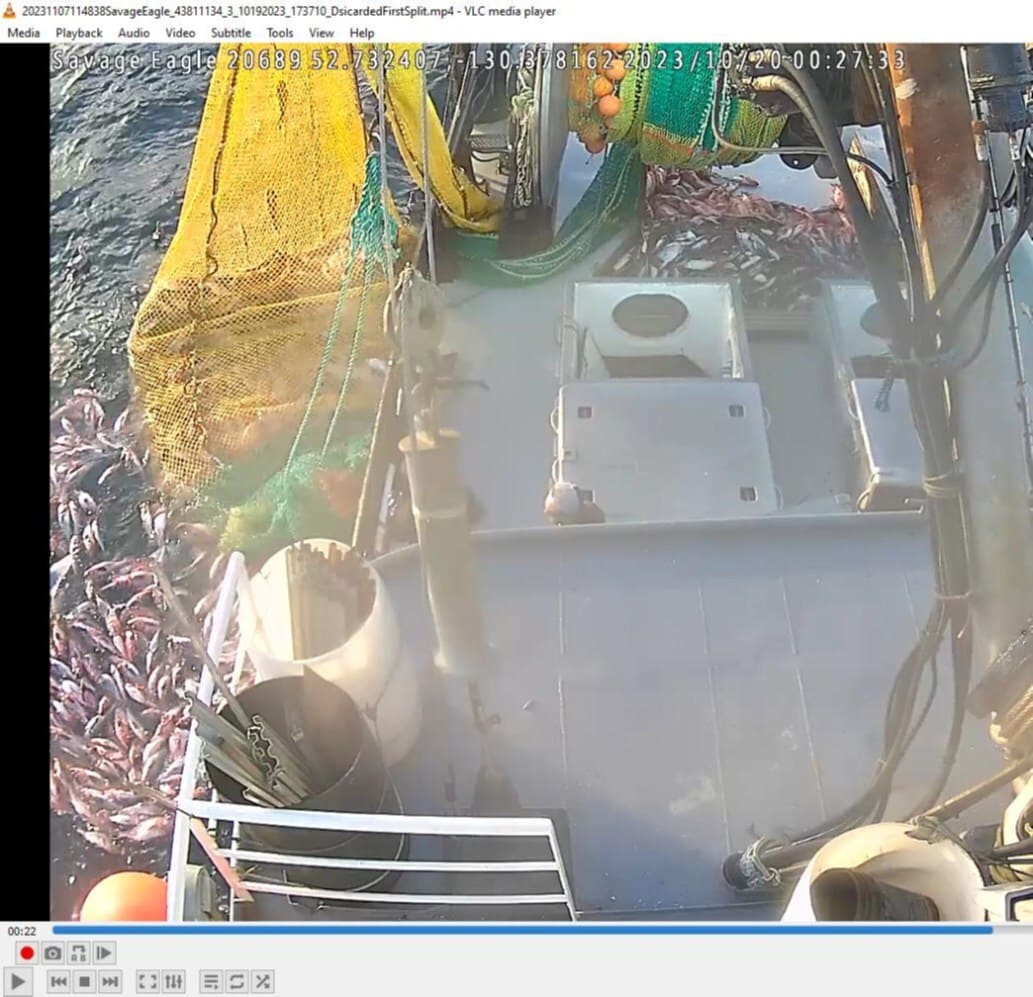British Columbia commercial rockfish harvester fined $25,312 for multiple violations

PRINCE RUPERT, BC, July 24, 2025 /CNW/ – On the Pacific Coast, the rockfish fishery is managed carefully to ensure the long-term sustainability of 37 species caught in British Columbia’s marine waters. Rockfish are extremely susceptible to over-fishing due to their slow growth rates, low reproductive cycle and high-mortality when brought to the surface. As a result, all rockfish species caught in the commercial groundfish trawl fishery must be retained, accurately recorded, and reported to ensure that fishers do not exceed their quota.
On July 9, 2025, in Prince Rupert provincial court, Roger Atchison, onboard captain and co-owner of the commercial fishing vessel Savage Eagle, pled guilty to multiple violations of Canada’s Fisheries Act. Mr. Atchison released over 9,000 pounds of rockfish and failed to keep accurate and complete records of his fishing activities. These actions are violations of the conditions of his licence and occurred between October 18 and October 23, 2023, after his vessel left Prince Rupert to engage in commercial fishing in the Hecate Strait.
Fisheries and Oceans Canada (DFO) protects and conserves marine resources, and enforces the Fisheries Act. As part of DFO’s work to disrupt and prevent illegal activity, the Department asks the public for information on activities of this nature or any contravention of the Fisheries Act and regulations. Anyone with information can call DFO Pacific Region’s toll-free violation reporting line at 1-800-465-4336, or email the details to DFO.ORR-ONS.MPO@dfo-mpo.gc.ca.
Quick Facts:
- Rockfish are a very long-lived sedentary species with an average life expectancy of 75 years, although some species can live to be well over 100 years of age. The slow growth rates, low reproductive cycle and sedentary life history of most rockfish means these species can be easily over-harvested.
- Since rockfish have a one hundred percent mortality rate, one hundred percent retention is required. A vessel will be charged full quota for any rockfish retained or discarded. A vessel that exceed its quota for a species may be restricted from fishing. In this case, it is estimated that 9,492 pounds of rockfish were discarded and not reported.
- Fishery officers conduct inspections both at-sea and dockside to verify compliance with licence conditions. Due to the complexity of the integrated groundfish management system, tracking of catch relies on review of fishing logbooks, electronic monitoring video systems, dockside monitoring programs and the groundfish audit system.
- Improper catch reporting has significant impact on the resources that DFO manages. Accurate catch reporting of fish, retained and released, is vital to the sustainability of the stocks.
Associated Link:
Stay Connected
- Follow Fisheries and Oceans Canada on X, Facebook, Instagram and YouTube.
- Follow the Canadian Coast Guard on X, Facebook, Instagram and YouTube.
SOURCE Fisheries and Oceans Canada, Pacific Region


